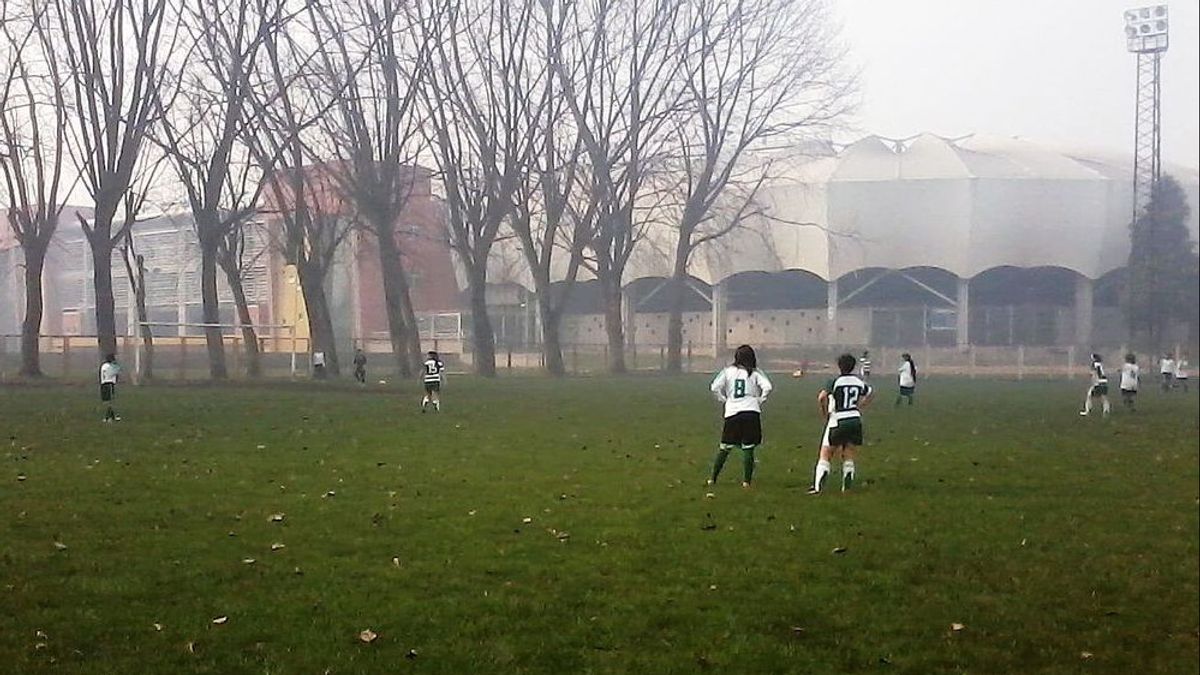JAKARTA - Located in a valley in central Chile near a lake and snow-capped mountains, there is one of the most polluted cities in the world. The city is Temuco. Is in the lowest global air quality ranking.
Famous cities with high levels of pollution, such as Beijing and New Delhi, have populations nearly one hundred times that of Temuco. In addition, these cities experience severe pollution due to vehicle fumes and factory activities.
Temuco is different. The air contamination in Temuco does not come from economic activities, but from poverty. From June to August, the temperature in Temuco drops to four degrees Celsius. The poor Temuco people have no choice but to burn wood to keep warm.
From her living room window, resident Patricia Bravo (60) said she sometimes only saw half a block of the road in Temuco. The rest is gray smoke.
"It's like living in a city with permanent fog, except for chimney smoke," Bravo said, as reported by SCMP, Tuesday, July 21.
Bravo has lived in Temuco since childhood. She was accustomed to having her eyes itchy and smelling of smoke in her living room. In fact, his window chimney was covered with smoke from the chimney in his house.
According to data compiled by Bloomberg Green and OpenAQ, Temuco has the worst air quality in the world, for at least five days in the past eight weeks. 25 of South America's 30 most polluted cities are in Chile, according to Swiss consulting firm IQAir's 2019 annual report.
As the air worsens, various diseases and health problems emerge. A doctor named Fernando Lana shared his experience in 40 years working as a cardiologist in Temuco.
"There is almost a perfect correlation between levels of contamination and visits to doctors for heart disease or heart failure," says Lana.
This trend has been especially troubling this year. COVID-19, which is spreading so fast in America, is making matters worse for citizens and health officials in Chile. More than 3.6 million people have been infected by the potentially deadly disease in Latin America.
In April, Temuco became one of the cities in Chile that was under quarantine. Forcing everyone to stay indoors is believed to increase pollution from household fireplaces.
Burning wood creates particles and microscopy, which according to research ends up in almost every organ of the body. This increases the risk of heart problems, stroke, asthma, pneumonia, and lung cancer.
A study published in April and updated in May by Harvard University found increased exposure to tiny particles by just 1 microgram per cubic meter. The particles increase the COVID-19 death rate by 8 percent.
A report by the Municipal authorities of Temuco and Universidad de la Frontera attributed the sudden drop in temperature and an increase in air pollution to the daily increase in COVID-19 cases reported in late March. Since the quarantine was lifted in April, the number of COVID-19 cases has slowed.
Temuco accounts for 67 of the more than 7,000 deaths from COVID-19 in Chile since the pandemic began, according to data from the Chilean Ministry of Health. The Chilean government is concerned about the periodic spike in air pollution in southern Chile.
They finally made a policy to lower their electricity bills so that more residents use electric heating instead of firewood. This was conveyed directly by the Chilean Energy Minister Juan Carlos Jobet. But it will take some time and likely won't affect this winter's habits.
The English, Chinese, Japanese, Arabic, and French versions are automatically generated by the AI. So there may still be inaccuracies in translating, please always see Indonesian as our main language. (system supported by DigitalSiber.id)









